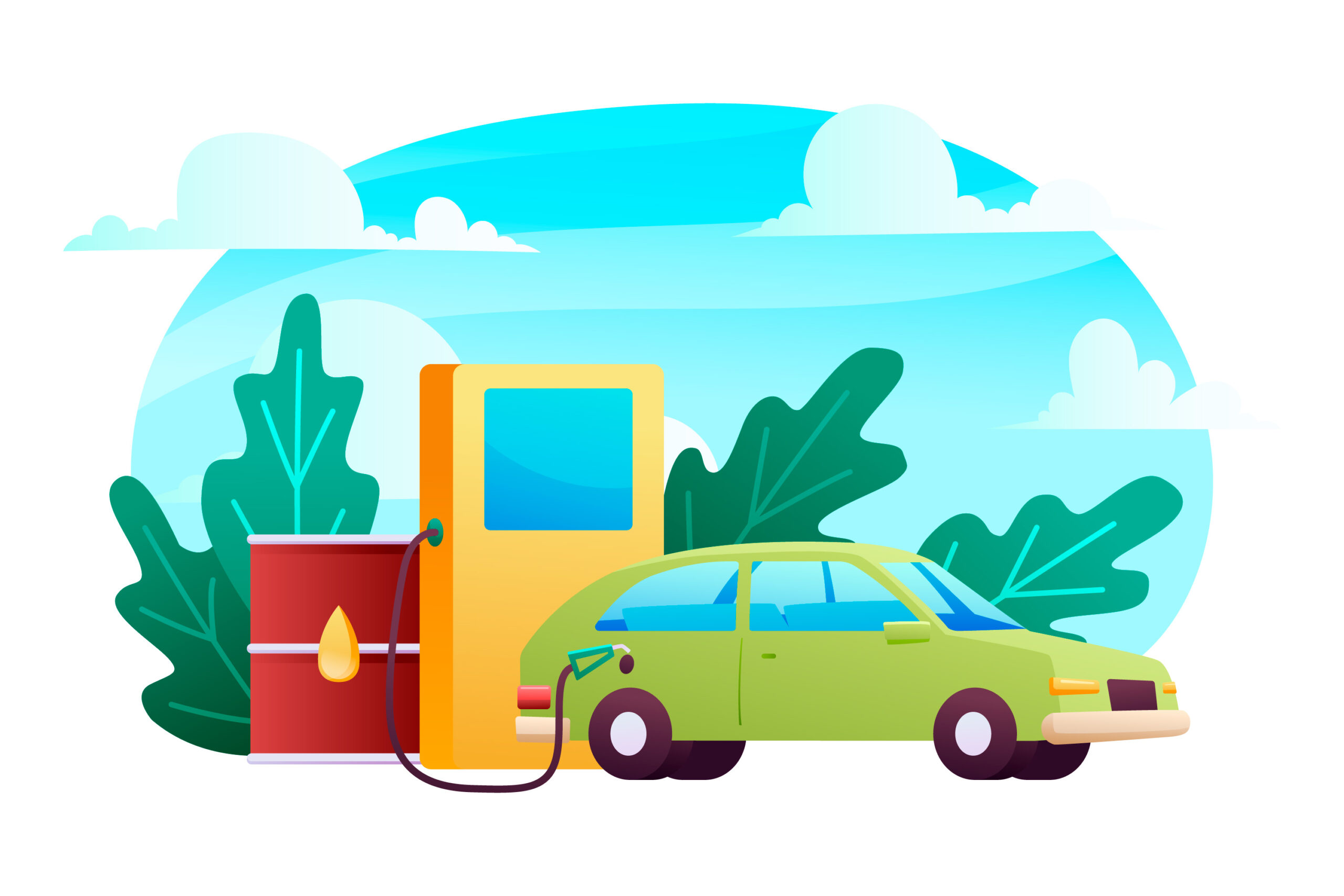Comparing electric vehicles (EVs) and compressed natural gas (CNG) vehicles as better for the future depends on several factors, including the availability of the fuel source, emissions, and cost.
Advantages of EVs:
Emissions: EVs produce zero tailpipe emissions and significantly reduce greenhouse gas emissions when powered by a clean energy source.
Cost: The cost of electricity used to charge EVs is typically lower than the cost of gasoline or diesel fuel.
Technological advancements: The development of battery technology is advancing rapidly, which is increasing the range and reducing the cost of EVs.
Advantages of CNG vehicles:
Emissions: CNG vehicles produce fewer greenhouse gas emissions than gasoline or diesel-powered vehicles.
Fuel availability: CNG is widely available in many countries and is typically less expensive than gasoline or diesel fuel.
Engine life: CNG vehicles have a longer engine life compared to gasoline or diesel-powered vehicles.
Ultimately, both EVs and CNG vehicles have advantages and disadvantages, and the choice between the two depends on individual circumstances and priorities. While EVs have the potential to have a lower environmental impact, CNG vehicles offer a more established and cost-effective alternative. The development of renewable energy and advancements in battery technology will continue to play a role in shaping the future of the transportation sector.

